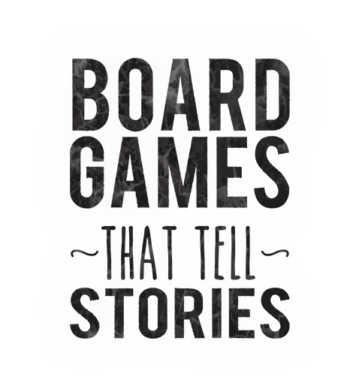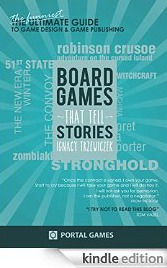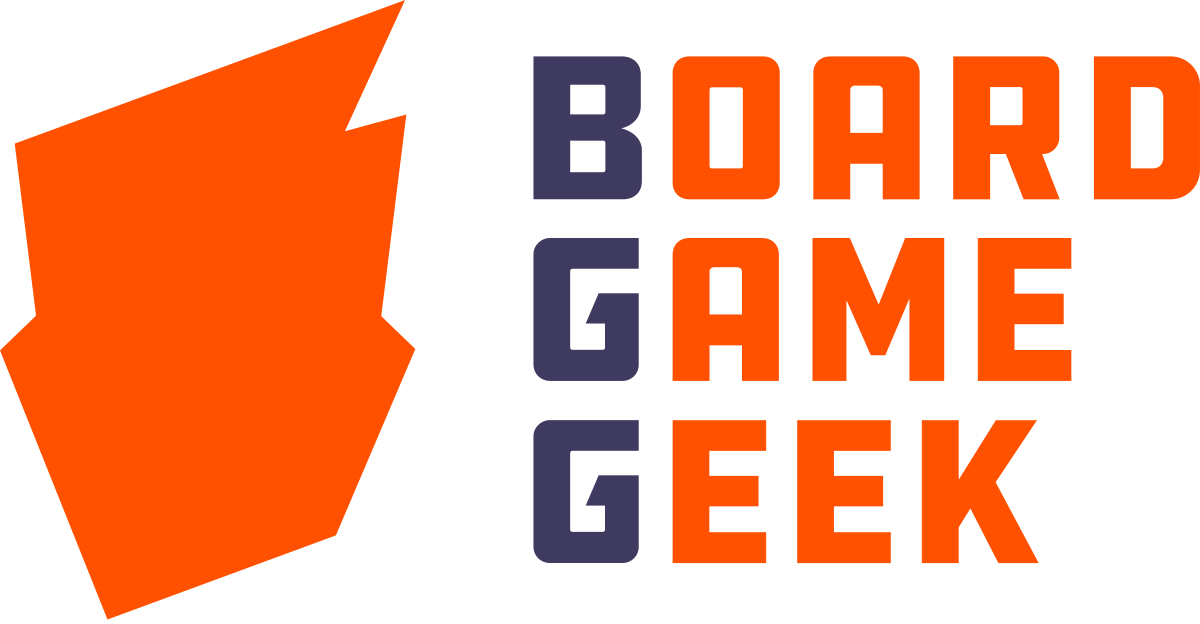
A couple of years ago when I was writing about designing 51st State I wrote a story about Baby Swift. For those who don’t remember or didn’t follow my blog back then, here is a short recap.
One week into a 51st State playtesting marathon, we received new artwork for the game. I printed the old cards updated with the new artwork and prepared a newer version of the prototype. Among these new cards there was one—called Baby Swift—that gained an amazing piece of art (shown above).
Prior to that, the card was almost never drafted, but with that artwork it has become nearly the most often drafted card in the game. I didn’t change the card’s rule. I just put an amazing piece of art on it.
***
We always say that a lot of maths is involved in the process of designing games. We work very hard to balance stuff, to calculate the odds, to make all actions equally valuable. And yet, even though these calculations are pretty easy to do and in most cases we have no problems with that part of the designing process, we face many other problems, problems that cannot be just simply calculated away. The problems that have much to do with pure emotions and psychology.
Let me tell you today about some interesting problems I’ve faced when playtesting First Martians.
***
First Martians is being developed using the Robinson Crusoe engine. Both games use the same basic mechanism—you spend 1 Action Pawn and you roll a dice or you spend both of your Action Pawns and that’s an auto success.
For example, you go for the Explore action, you spend 1 Action Pawn, so you grab 3 green dice and roll them. Most likely you will succeed with your action (there are 5 success icons), most likely you will have an adventure (5 adventure icons), and there’s a chance you’ll be wounded (3 wound icons).
Even though all adventures in the deck are bad, players often want these encounters. They are eager to see what will happen. Will they get lost in the woods? Find a cursed hut? Stumble upon a corpse of a dead goat? So many cool things might happen!
They roll the dice, they have adventures, the game is rich in stories and theme. Robinson Crusoe at its best!
Let’s visit Mars.
There’s been an interesting issue for me to deal with. The playtesters don’t roll the dice. They perform all their actions with 2 Action Pawns and they do everything, literally everything they can, not to roll the dice.
The last test I ran? They didn’t plant the seeds in the greenhouse, the plants didn’t grow (obviously!), and in the second scenario the players will most likely die of hunger, because food reserves are really low. And yet they managed to just achieve the scenario’s objective, the absolute minimum they needed to achieve to finish the game. They did nothing more, no preparations were made for the next game.
‘Why didn’t you plant the seeds?’, I asked after the test game.
‘We had no time for that.’
‘You had the time. You kept using 2 Action Pawns for your actions. You could have easily split them, roll the dice and do the planting’, I pointed out.
‘I am not rolling these fucking dice’, I heard in response (and that’s a quote, just in case you wondered).
‘You will die of starvation in the campaign’s second scenario!’
‘This is space. I am not rolling these fucking dice in space.’
***
There is no logic in that. This is nothing I could have predicted when I was building the game. There is nothing in the rules that could be changed to resolve this issue. This is just a purely emotional problem. Having adventures on the Cursed Island is exciting and cool. Having adventures on Mars is…
‘I am not rolling these fucking dice.’


 I strongly believe that good board game is the one that tells a good story. You play it and suddenly you are sucked into it, you feel chills on the skin. Emotions grow. In a moment you defend castle. You hear roar of warriors. You smell boiling oil. You are into it.
That's how I design my games. I always want to tell a good story. I want players to be into it. As deep as possible.
I strongly believe that good board game is the one that tells a good story. You play it and suddenly you are sucked into it, you feel chills on the skin. Emotions grow. In a moment you defend castle. You hear roar of warriors. You smell boiling oil. You are into it.
That's how I design my games. I always want to tell a good story. I want players to be into it. As deep as possible.



